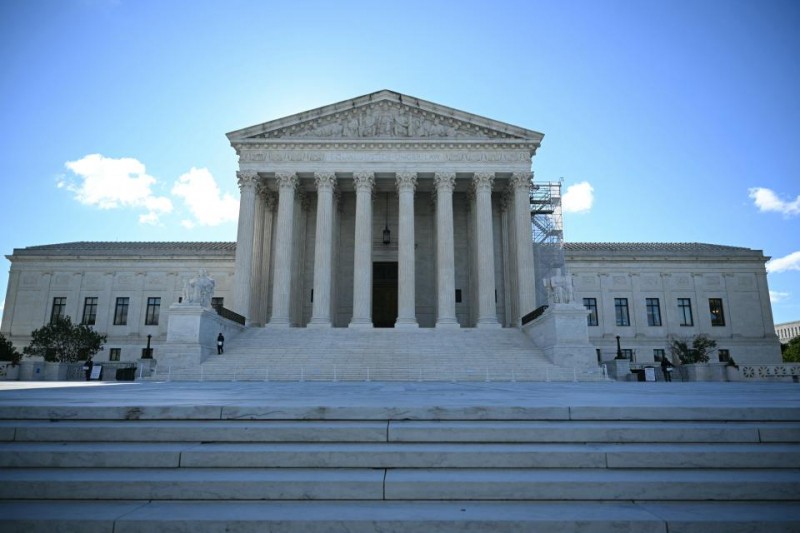The cases stemmed from two state laws that could upend content moderation online.

Two state laws that could upend the way social media companies handle content moderation are still in limbo after a Supreme Court ruling sent the challenges back to lower courts, vacating previous rulings. In a 9 – 0 decision in Moody v. NetChoice and NetChoice v. Paxton, the Supreme Court said that earlier rulings in lower courts had not properly evaluated the laws' impact on the First Amendment.
The cases stem from two state laws, from Texas and Florida, which tried to impose restrictions on social media companies' ability to moderate content. The Texas law, passed in 2021, allows users to sue large social media companies over alleged “censorship” of their political views. The Supreme Court suspended the law in 2022 following a legal challenge. Meanwhile, the Florida measure, also passed in 2021, attempted to impose fines on social media companies for banning politicians. That law has also been on hold pending legal challenges.
Both laws were challenged by NetChoice, an industry group that represents Meta, Google, X and other large tech companies. NetChoice argued that the laws were unconstitutional and would essentially prevent large platforms from performing any kind of content moderation. The Biden Administration also opposed both laws. In a statement, NetChoice called the decision “a victory for First Amendment rights online.”
In a decision authored by Justice Elena Kagan, the court said that lower court rulings in both cases “concentrated” on the issue of “whether a state law can regulate the content-moderation practices used in Facebook's News Feed (or near equivalents).” But, she writes, “they did not address the full range of activities the laws cover, and measure the constitutional against the unconstitutional applications.”
Essentially, the usually-divided court agreed that the First Amendment implications of the laws could have broad impacts on parts of these sites unaffected by algorithmic sorting or content moderation (like direct messages, for instance) as well as on speech in general. Analysis of those externalities, Kagan wrote, simply never occurred in the lower court proceedings. The decision to remand means that analysis should take place, and the case may come back before SCOTUS in the future.
“In sum, there is much work to do below on both these cases … But that work must be done consistent with the First Amendment, which does not go on leave when social media are involved,” Kagan wrote.







